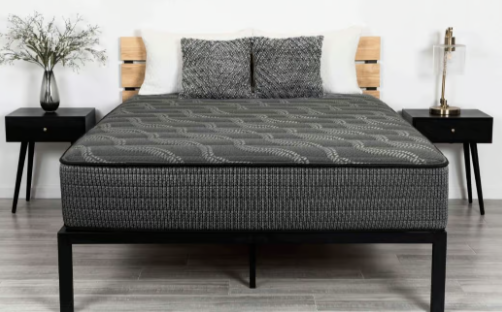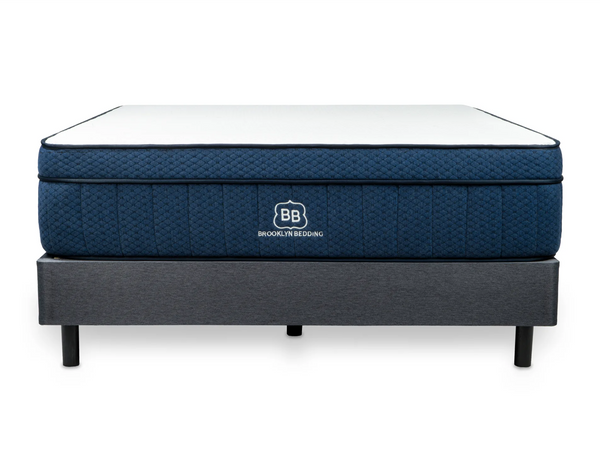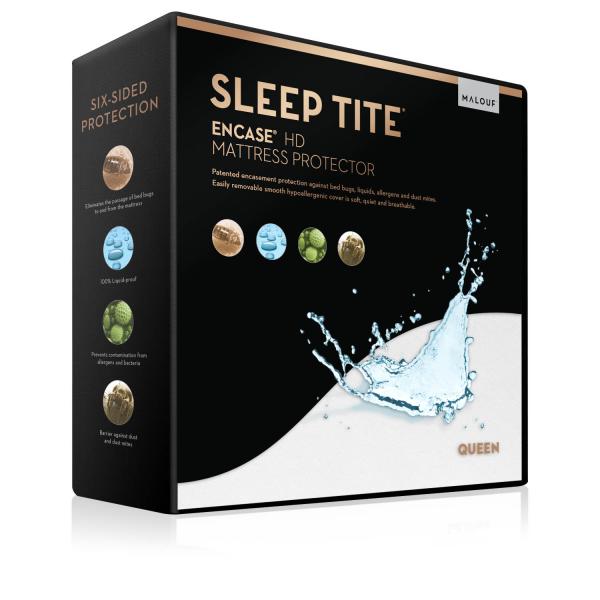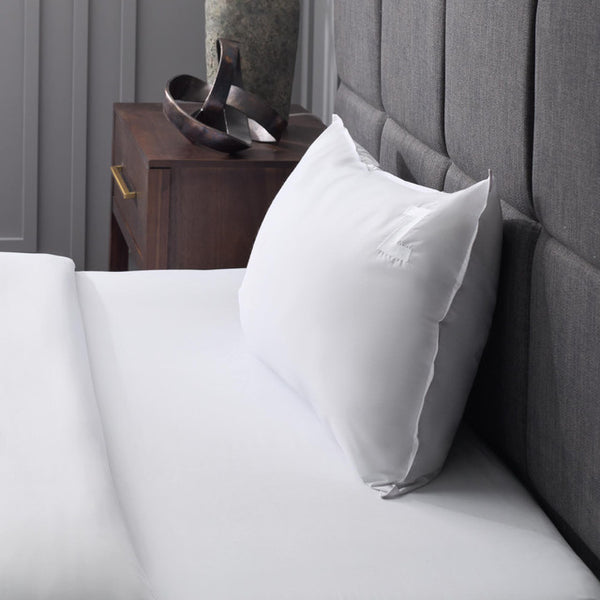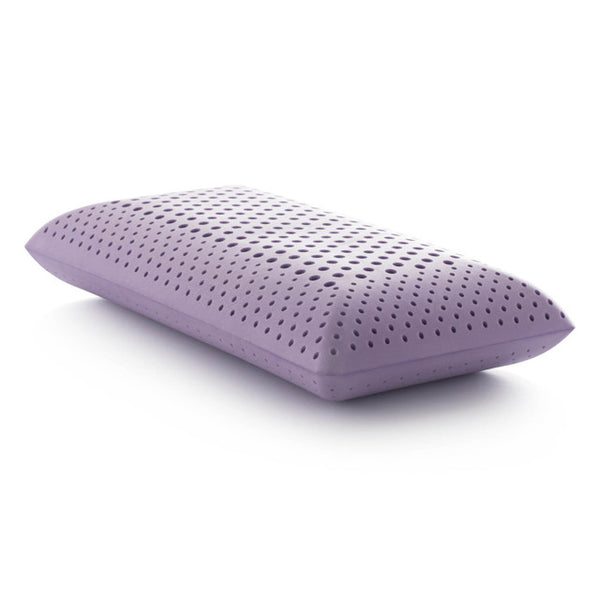
Frequently Asked Questions
1. Why is sleep important for health?
2. How does my mattress affect sleep quality?
3. What types of mattresses are available and how do they impact sleep?
4. How can I choose the right mattress for my sleep position?
5. What are some tips for enhancing sleep hygiene?
Sleep is an essential part of our lives, playing a critical role in our physical health, cognitive function, and emotional well-being. Despite its importance, many of us overlook one of the most significant factors that can influence the quality of our sleep: our mattress. In this article, we delve into the science of sleep and explore how your mattress affects your rest, helping you make informed choices for improved sleep quality.
The Importance of Quality Sleep
Quality sleep is fundamental to our health and wellness. It affects various aspects of our lives, including:
- Physical Health: Adequate sleep helps to repair the body, supports immune function, and maintains cardiovascular health.
- Cognitive Function: Good sleep enhances memory, creativity, and critical thinking skills.
- Emotional Well-Being: Quality sleep is essential for emotional regulation and mental health, reducing the risk of anxiety and depression.
Despite its significance, many people struggle to get restorative sleep. Inadequate sleep can lead to a range of health issues, making it essential to understand the various factors that contribute to sleep quality, including the mattress you sleep on.
How Your Mattress Influences Sleep Quality
Your mattress plays a pivotal role in how well you sleep. Here are some of the key ways your mattress affects your rest:
Support and Alignment
A mattress that provides proper support and helps maintain spinal alignment can significantly impact your sleep quality. When your spine is correctly aligned, it reduces strain on your muscles and ligaments, promoting relaxation and preventing discomfort during the night. A good mattress helps you maintain a neutral position, regardless of your preferred sleeping style, whether you’re a back, side, or stomach sleeper.
Comfort
The comfort level of a mattress can directly influence how easily you fall asleep and how often you wake during the night. Each individual has personal preferences regarding firmness. Some may prefer a softer, plush feel, while others require a firmer surface for adequate support. It's essential to find a mattress that caters to your comfort needs, as this will help you drift off more easily and enjoy uninterrupted sleep.
Temperature Regulation
The material of your mattress can also affect your body temperature throughout the night. Sleeping too hot or too cold can interrupt your sleep cycles, leading to restless nights. Many modern mattresses incorporate breathable materials or cooling technologies to help regulate body temperature, allowing for a more comfortable sleep environment.
Pressure Relief
Pressure relief is critical for preventing discomfort and pain during the night. A mattress that contours to your body can help alleviate pressure points that may lead to tossing and turning. Memory foam and hybrid mattresses often excel in providing pressure relief, cradling the body’s curves while distributing weight evenly.
Types of Mattresses and Their Impact
Choosing the right type of mattress can significantly impact your sleep quality. Understanding the different types and their effects is crucial to making an informed decision:
Memory Foam Mattresses
Memory foam mattresses are known for their ability to contour to the body, providing excellent pressure relief and support. They can help reduce motion transfer, making them ideal for couples who may disturb each other during the night. However, some memory foam mattresses may retain heat, so look for options with cooling features if temperature regulation is a concern.
Innerspring Mattresses
Innerspring mattresses use coils to provide support and typically offer a bouncier feel. They tend to be more breathable than memory foam, making them a suitable option for those who sleep hot. However, they may not provide the same level of pressure relief and contouring as memory foam, which is something to consider based on your sleep position and requirements.
Latex Mattresses
Latex mattresses provide a unique combination of support and responsiveness. They can offer excellent breathability due to their open-cell structure and natural materials. Latex is also known for its durability and can be a great investment for long-term use. However, personal preference plays a significant role in determining if latex is the right choice for you.
Hybrid Mattresses
Hybrid mattresses combine features of both innerspring and foam mattresses, often offering the best of both worlds. They provide support through coils while featuring a comfort layer of memory foam or latex for added cushioning. This versatility makes them suitable for a wide range of sleepers who seek a balance between comfort and support.
Choosing the Right Mattress for You
Finding the perfect mattress is a crucial step in achieving a good night’s sleep. Here are some tips to consider when selecting your ideal mattress:
- Identify Your Sleep Position: Your preferred sleeping position can impact the type of mattress you need. Side sleepers often benefit from softer mattresses that relieve pressure on the shoulders and hips, while back and stomach sleepers typically require firmer support.
- Consider Your Body Type: Heavier individuals may prefer firmer mattresses that provide adequate support, while lighter individuals may feel more comfortable on softer surfaces.
- Test Before You Buy: If possible, try out different mattresses in-store to see how they feel. Many online retailers offer trial periods, allowing you to test a mattress in the comfort of your home.
- Read Reviews: Checking reviews can provide insight into the experiences of other customers and help you make an informed choice.
Sleep Hygiene: Creating the Ideal Sleep Environment
While your mattress is a significant component of sleep quality, other factors contribute to creating an ideal sleep environment. Here are some tips for enhancing your sleep hygiene:
Optimize Your Bedroom Environment
Create a calm and relaxing atmosphere in your bedroom. Consider factors such as lighting, noise levels, and temperature. Using blackout curtains or eye masks can help block unnatural light, while earplugs or white noise machines can mask disruptive sounds.
Establish a Sleep Routine
Consistency is key when it comes to sleep. Try to go to bed and wake up at the same time every day, even on weekends. Establishing a bedtime routine can signal to your body that it’s time to wind down, helping you fall asleep more easily.
Limit Stimulants and Blue Light
Avoid caffeine and nicotine in the hours leading up to bedtime, as these substances can disrupt your ability to fall asleep. Additionally, limit exposure to blue light from screens (phones, tablets, computers) before bedtime, as it can interfere with your circadian rhythm.
Making the Most of Your Mattress Investment
Purchasing a high-quality mattress is an investment in your well-being, and taking care of your mattress will prolong its lifespan. Here are some maintenance tips:
- Rotate Regularly: To maintain even wear, consider rotating your mattress every three to six months.
- Use a Mattress Protector: A protector can guard against spills, stains, and dust mites, ensuring your mattress stays clean and hygienic.
- Clean Perodically: Follow the manufacturer's instructions for cleaning and maintenance to keep your mattress in top condition.
Understanding the science of sleep and how your mattress affects your rest is essential for making informed choices that can significantly enhance your sleep quality. Investing in the right mattress tailored to your sleep needs can lead to improved physical health, better cognitive function, and enhanced emotional well-being.
Your Path to Restful Nights
As you embark on your journey to better sleep, remember that understanding your mattress's role is just one piece of the puzzle. Combine the knowledge you've gained about mattress types, sleep hygiene, and the importance of personal preference to cultivate a rejuvenating sleep environment. Focus on creating a space that promotes relaxation and aligns with your unique sleep needs, and you’ll be well on your way to achieving restful nights and brighter days.
Step into the Shopify or Wix store of another user. Begin your visit by clicking this store link. Kindly note that this is a promotional link, and we do not take responsibility for the content of the linked store.

